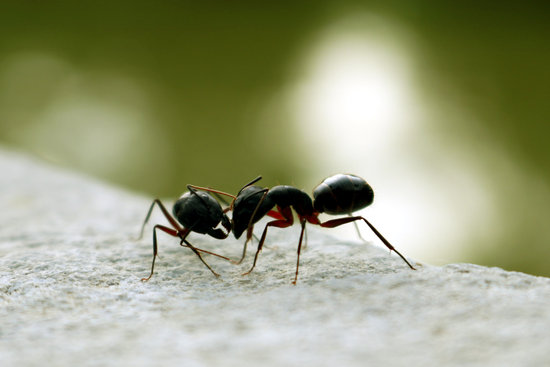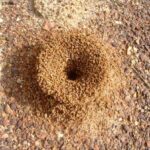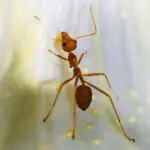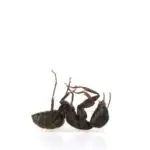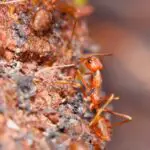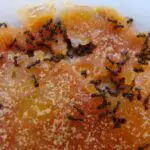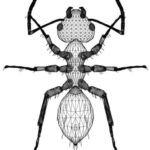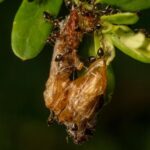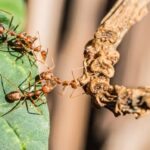What Ants Do For the Environment
ants are important members of our ecosystem. They are responsible for fertilizing the soil and carrying seeds from one area to another. They also play a role in pest control. Ants are among the top predators of other insects. They also help in nutrient cycling and redistribute nutrients and waste.
Ants are found in a wide range of ecosystems. Some are parasitic, while others are beneficial to the environment. They play an important role in decomposition of plant and animal matter.
Ants have symbiotic relationships with sap-feeding plants, which provide them with food. In return, the ants perform various functions. They provide habitats, increase air movement into the ground, and build tunnels to improve water circulation. They also excrete waste, including waste from their nests.
Ants are also important in seed dispersal. They carry seeds to a safer location, where they are less likely to be eaten. They also improve the germination process by carrying seeds to locations where nitrogen is more abundant.
Ants also help in the decomposition of plant and animal matter. They also create air pockets and voids in the soil, which help oxygen to circulate and nutrients to move.
Ants are also important in the recycling of human food inputs in urban areas. They consume pest eggs, insect larvae, and carrion. They are also responsible for disposing of wastes in urban areas.
Fungus-farming ants have been growing food for 50 million years. They are a species of ants that depend on domesticated fungi. They cannot survive without them.
